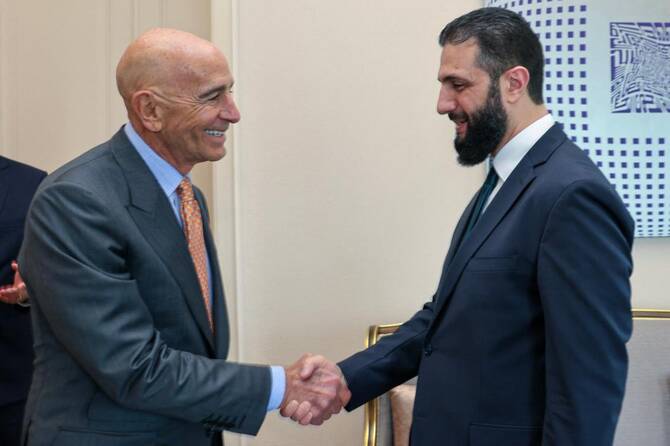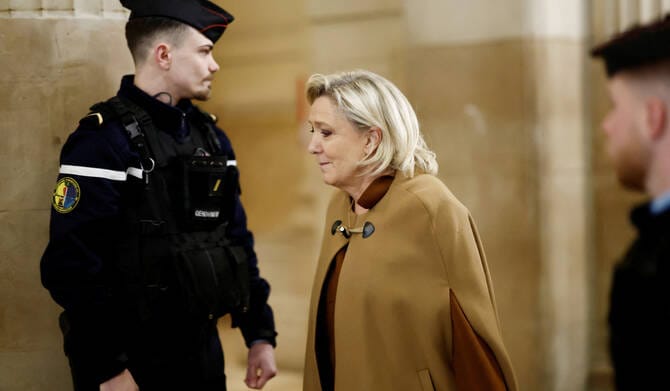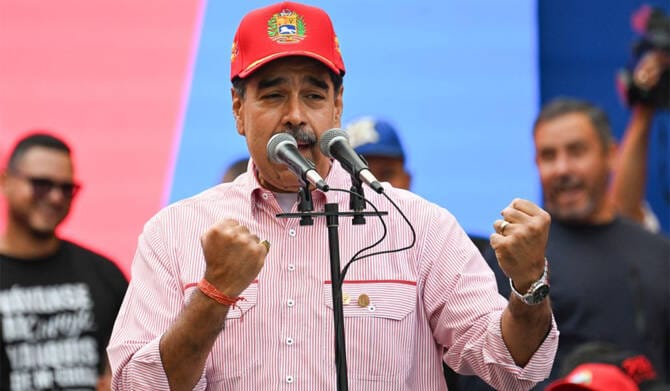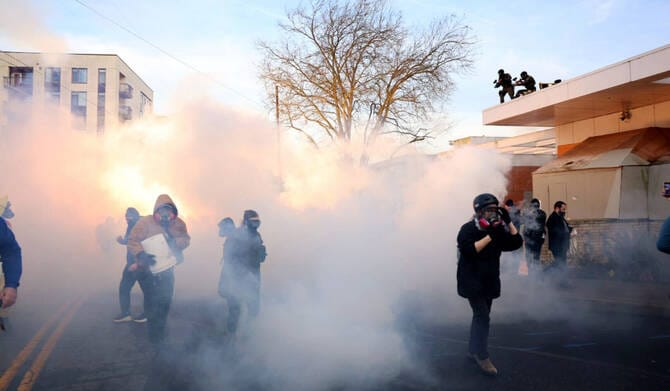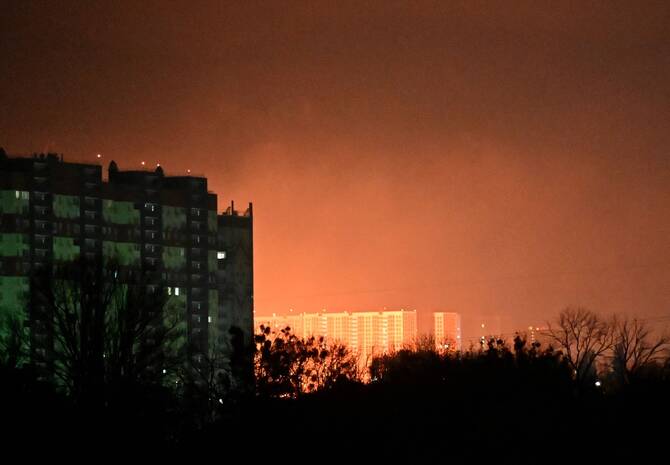The US envoy for Syria, Thomas Barrack, arrived at the ambassador’s residence in the Syrian capital on Thursday, in the first official visit since the US embassy there closed in 2012, a year after Syria’s conflict broke out.
Barrack, accompanied by the Syrian foreign minister, was appointed to the Syria role on May 23. He is also the US ambassador to Turkiye.
The US flag was hoisted Thursday outside of the long-shuttered ambassador’s residence in Damascus, in a sign of growing ties between Washington and the new Syrian government.
Barrack, who has also been appointed special envoy to Syria, arrived to inaugurate the residence, Syrian state-run news agency SANA reported.
Washington hasn’t formally reopened its embassy in Damascus, which closed in 2012 after protests against the government of then President Bashar Assad, met by a brutal crackdown, spiraled into civil war. Assad was unseated in December in a lightning rebel offensive.
But Barrack’s visit and the raising of the flag were a significant signal of warming relations.
Washington was initially circumspect about Syria’s new leaders, led by Ahmad Al-Sharaa, the former leader of an Islamist insurgent group that the US still lists as a terrorist organization. However, the Trump administration — encouraged by two US allies in the region, Saudi Arabia and Turkiye — has in recent weeks shown increasing openness to Damascus.
Trump held a surprise meeting with Al-Sharaa in Riyadh earlier this month, and the US has begun to roll back decades of sanctions slapped on Syria under the Assad dynasty.
The US State Department posted a statement on X on Thursday attributed to Trump announcing Barrack’s appointment as envoy to Syria.
“Tom understands there is great potential in working with Syria to stop Radicalism, improve Relations, and secure Peace in the Middle East. Together, we will Make America, and the World, SAFE AGAIN!” the statement said.
Barrack thanked Trump in an X post for “your bold vision, empowering a historically rich region, long oppressed, to reclaim its destiny through self-determination.”

